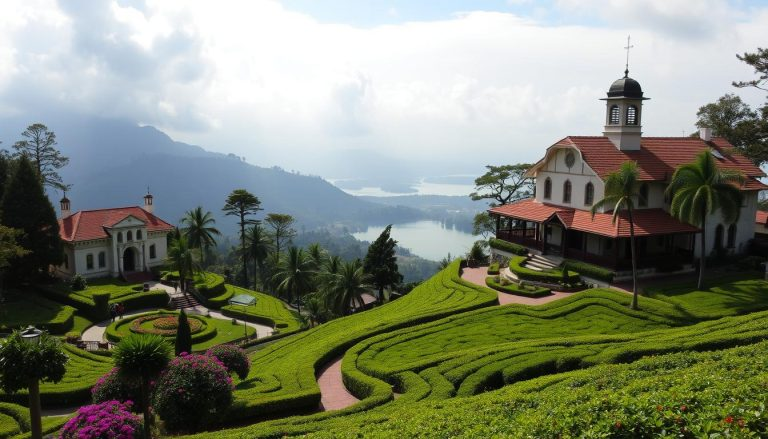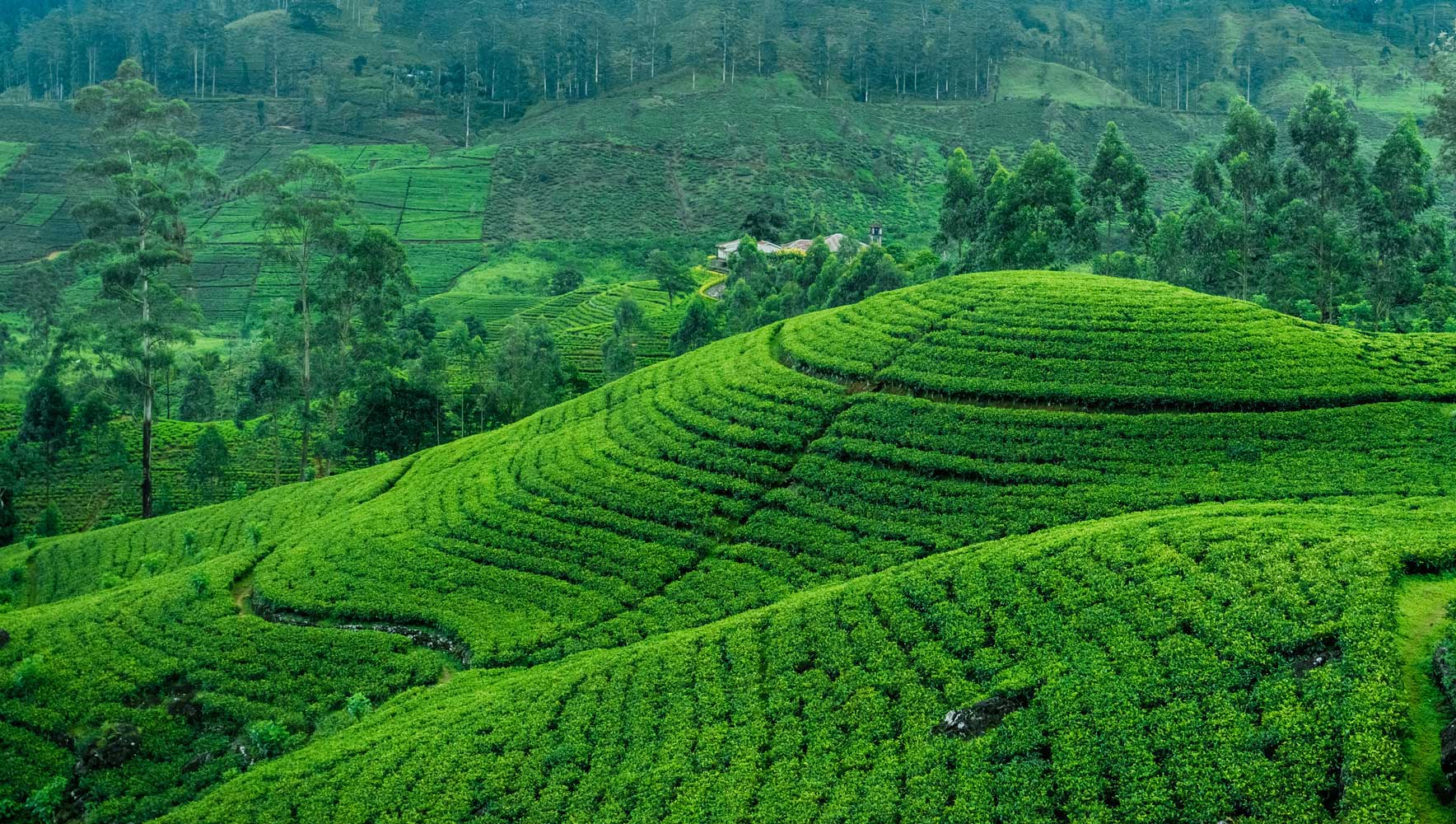
Exploring Colonial Heritage in Nuwara Eliya
Nuwara Eliya, often referred to as "Little England," is a city that perfectly encapsulates the colonial heritage of Sri Lanka. Founded by the British in the 19th century, this hill station was designed to provide a cool retreat from the tropical heat of the lowlands.
The British Influence
The British colonial rulers were drawn to Nuwara Eliya's cool climate and scenic beauty. They established tea plantations, built grand colonial buildings, and created a sophisticated social scene that mirrored English country life. Today, visitors can still see the remnants of this colonial past in the city's architecture and culture.
Notable Colonial Buildings
- Grand Hotel: Built in 1891, this iconic hotel still maintains its colonial charm
- Hill Club: A private club that preserves the British social traditions
- Post Office: A beautiful red-brick building from the colonial era
- Race Course: One of the highest race courses in the world
Tea Plantations
The British introduced tea cultivation to Sri Lanka, and Nuwara Eliya became the center of the country's tea industry. The rolling hills covered in tea bushes are a testament to this colonial legacy. Visitors can tour tea factories and learn about the traditional tea-making process.
Cultural Heritage
Beyond the physical structures, Nuwara Eliya's colonial heritage is evident in its cultural practices, from afternoon tea traditions to the annual flower show. The city continues to celebrate its unique blend of British and Sri Lankan cultures.


